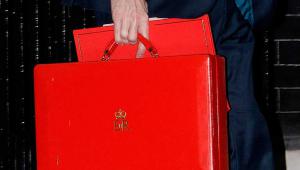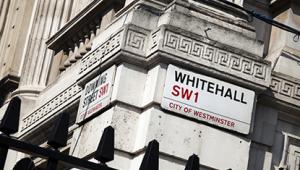Although, this figure for the last financial year was higher than the figure for the previous 12 months – which was the first year of the taxes being levied.
In its annual report, tax agency Revenue Scotland revealed that the two taxes together contributed £633m to the Scottish exchequer last year, taking their aggregate input to the Scottish budget beyond the £1bn mark since their introduction two years ago.
The lesser of the two, the landfill tax, outperformed expectations, yielding £149m against a forecast £133m.
But Land & Buildings Transaction Tax, the Scottish replacement for stamp duty, turned in just £483m, against an anticipated £538m, a shortfall of more than 10%.
LBTT bears more heavily on sales of upmarket properties than stamp duty did, adding around £45,000 to the cost of a £1m-plus house, and there have been claims that it is stifling property transactions in the upper price range. These figures seem certain to intensify the criticisms.
The present year sees Scotland take charge of a much bigger fiscal power, with the devolution of income tax, and speculation has been growing that finance secretary Derek Mackay will announce an increase for higher rate earners when he presents his Budget later in the year.
First minister Nicola Sturgeon called earlier this month for an honest debate on ways to make the income tax regime more progressive, and all Holyrood’s opposition parties except the Tories are in favour of some sort of increase.
UK chancellor Philip Hammond, visiting Scotland on Monday, counselled against increasing pressure on household incomes given the Brexit uncertainties.
Meanwhile, Mackay welcomed the Revenue Scotland report, which follows a positive examination of the agency by Audit Scotland.
“Revenue Scotland has continued to operate effectively and efficiently, with operating costs lower than last year and more than £1bn of tax collected over its first two years of operation,” he said.
“The report indicates that £633m was collected across the fully devolved taxes in 2016/17. That revenue has helped to fund our vital public services and support our ambition to create a more successful country, with opportunity for all to flourish through increased sustainable economic growth.”












